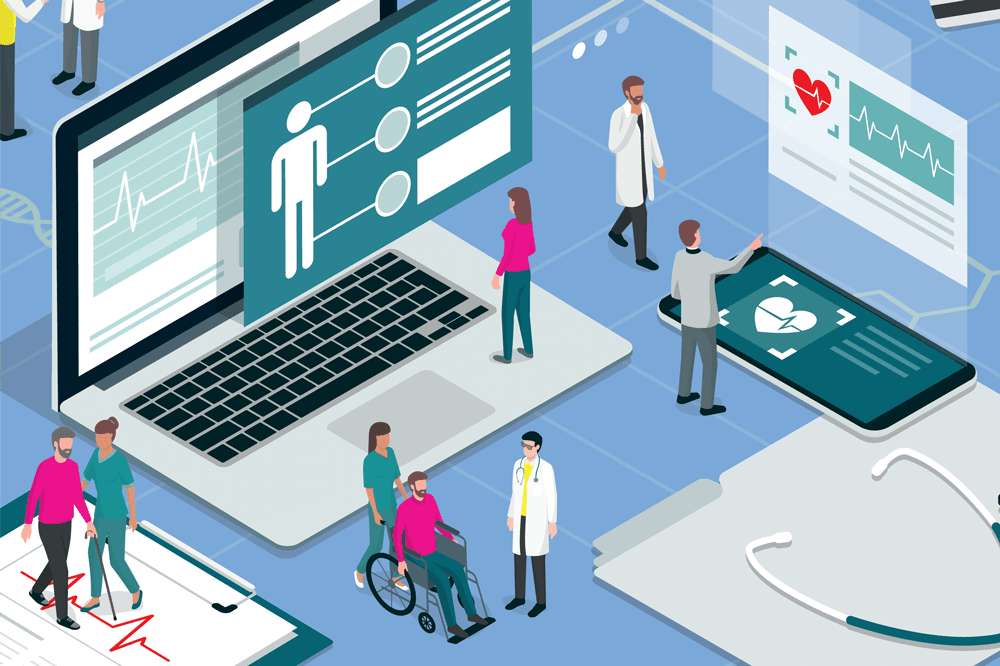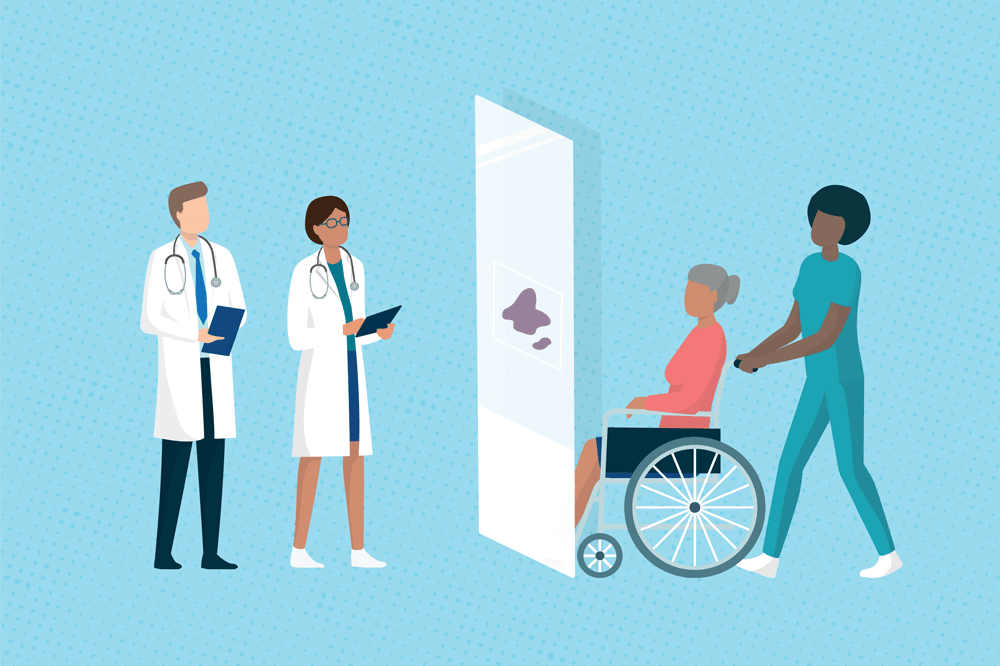
Now that we are seeing the true impact of a pandemic, it is more critical than ever to consider the global threat antimicrobial resistance (AMR) poses to human health.
Viral respiratory infections like COVID-19 predispose patients to coinfections, which lead to increased disease severity and mortality. Studies have already found that a significant number of hospitalized COVID-19 patients develop dangerous secondary bacterial coinfections (1) – and that 50 percent of COVID-19 patients who died had secondary bacterial infections (2).
Most at risk are older adults and those with pre-existing conditions, because they are likely to be hospitalized for longer periods and require invasive ventilation. Indeed, patients on ventilators are more vulnerable to nosocomial infections and other complications, and early evidence in COVID-19 patients indicates only a 20–50 percent survival rate for those placed on a ventilator.
It’s clear, then, that accurate diagnostic tests for bacterial, viral, and fungal infections – especially those caused by drug-resistant pathogens – will play a critical role in the ongoing public health response to COVID-19. Diagnostic considerations are a key factor in promoting antimicrobial stewardship – and helping the medical and scientific communities gain new strength in the ongoing fight against complications of COVID-19. To get ahead of coinfections and improve patient outcomes, samples gathered from suspected COVID-19 cases should also be tested against a PCR-based panel capable of identifying a full spectrum of bacterial pathogens and antibiotic resistance markers. Incorporating such panels both during the initial testing process and throughout a patient’s entire hospital stay supports several key goals:
- Avoiding misdiagnosis. Comprehensive testing rules out conditions that could be misdiagnosed in the rush to provide care and ease patient suffering, especially when patients exhibit non-specific symptoms.
- Administering faster treatment. With a full understanding of their patient’s condition in a matter of hours instead of days, doctors can make quicker decisions on the appropriate course of treatment.
- Preventing transmission. If doctors can identify other highly infectious diseases – including drug-resistant strains – they can isolate affected patients and reduce transmission rates.
- Reducing the risk of drug-resistant infections. If other bacterial pathogens are detected, the tests provide guidance on proper treatment, including informed use of antibiotics for patients who need them. Test results that encourage antibiotic stewardship can lower a patient’s risk of developing a drug-resistant infection and subsequent complications while maintaining the effectiveness of existing antibiotics.
In short, rapid diagnosis of bacterial coinfections in COVID-19 patients could not only save lives, but also improve antimicrobial stewardship (3) – for this pandemic and the next.
References
- MJ Cox et al., “Co-infections: potentially lethal and unexplored in COVID-19”, Lancet Microbe, [Epub ahead of print] (2020).
- F Zhou et al., “Clinical course and risk factors for mortality of adult inpatients with COVID-19 in Wuhan, China: a retrospective cohort study”, Lancet, 395, 1054 (2020). PMID: 32171076.
- O Schacht, “COVID-19 patients need to be tested for bacteria and fungi, not just the coronavirus” (2020). Available at: https://bit.ly/2LPndn4.




